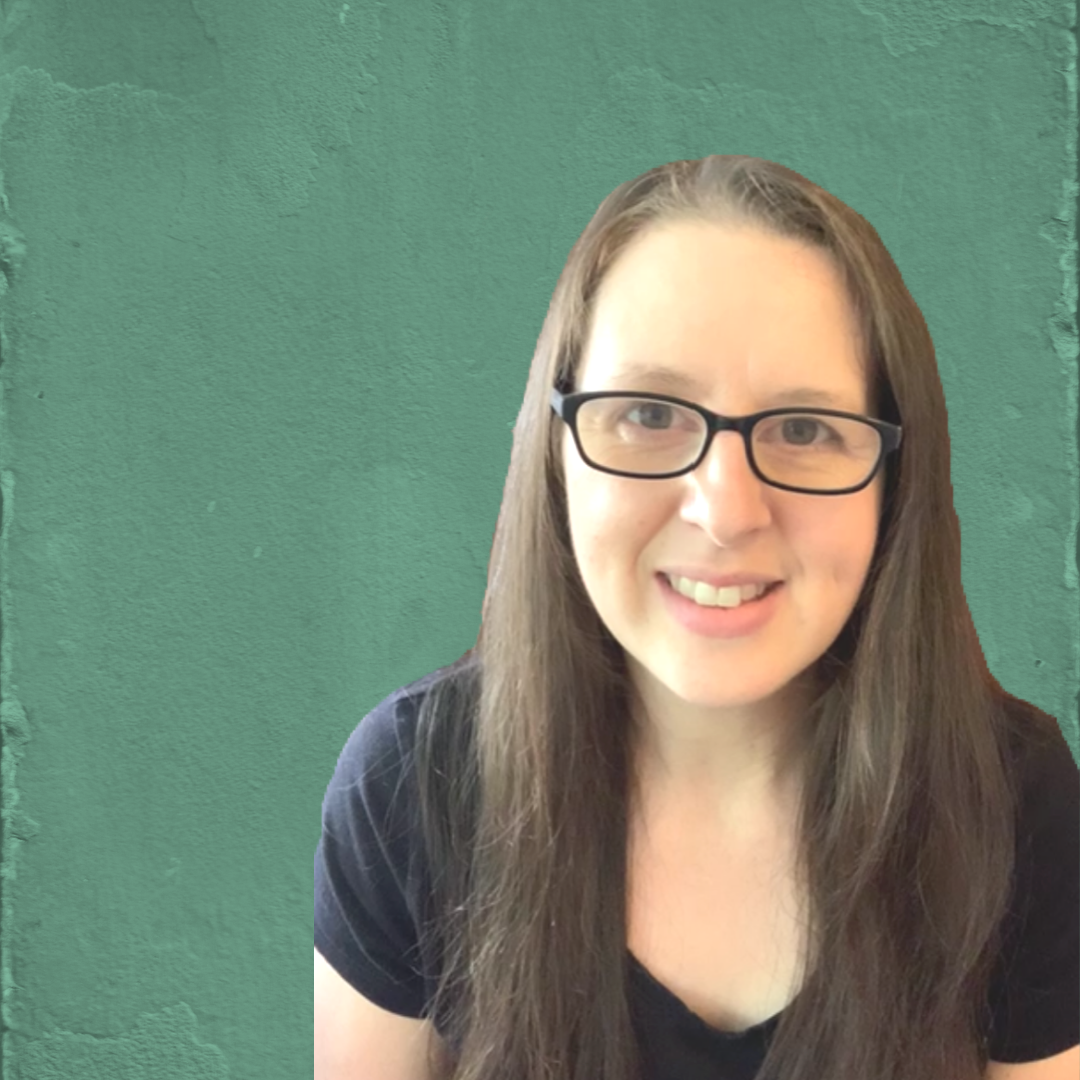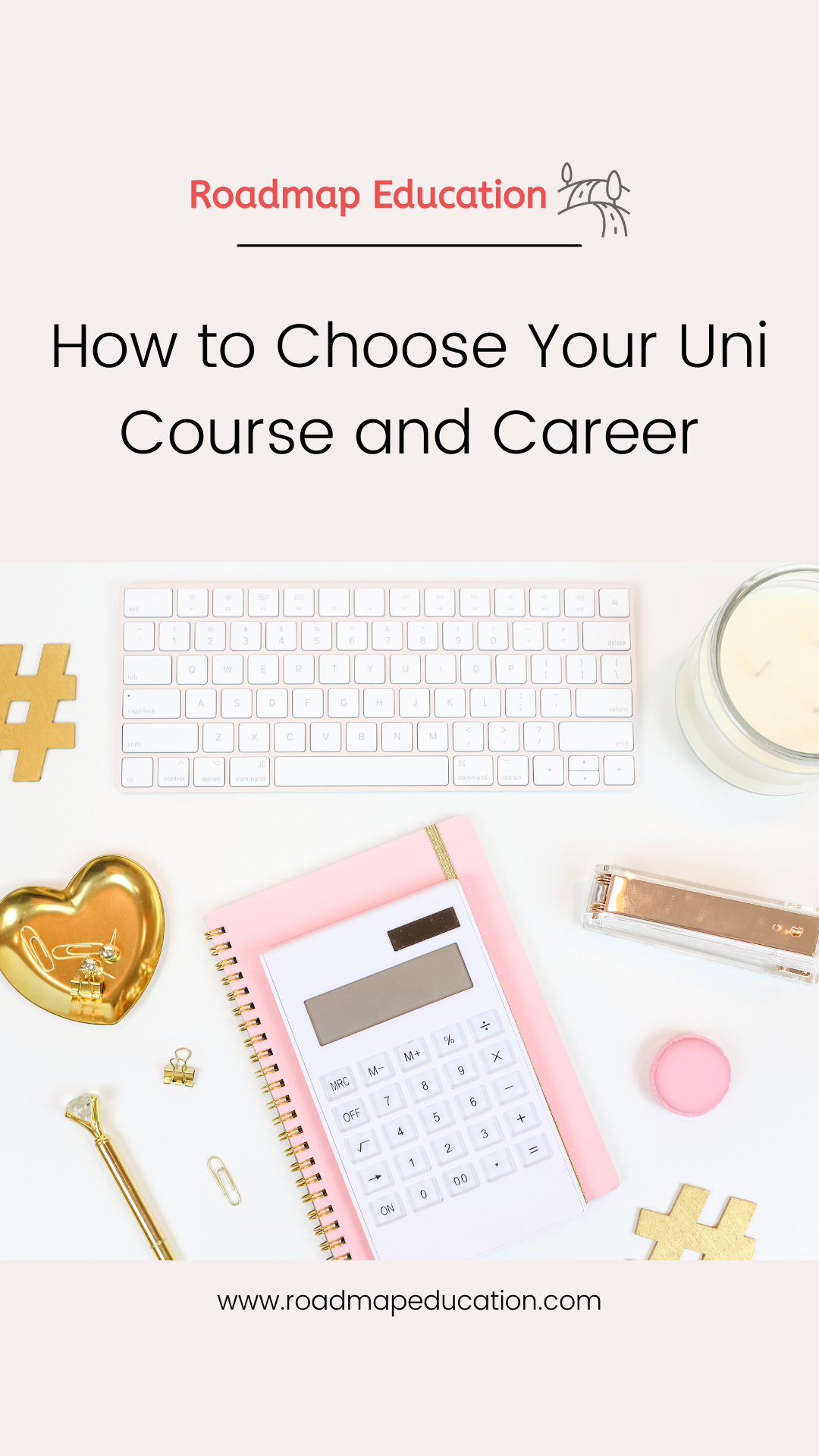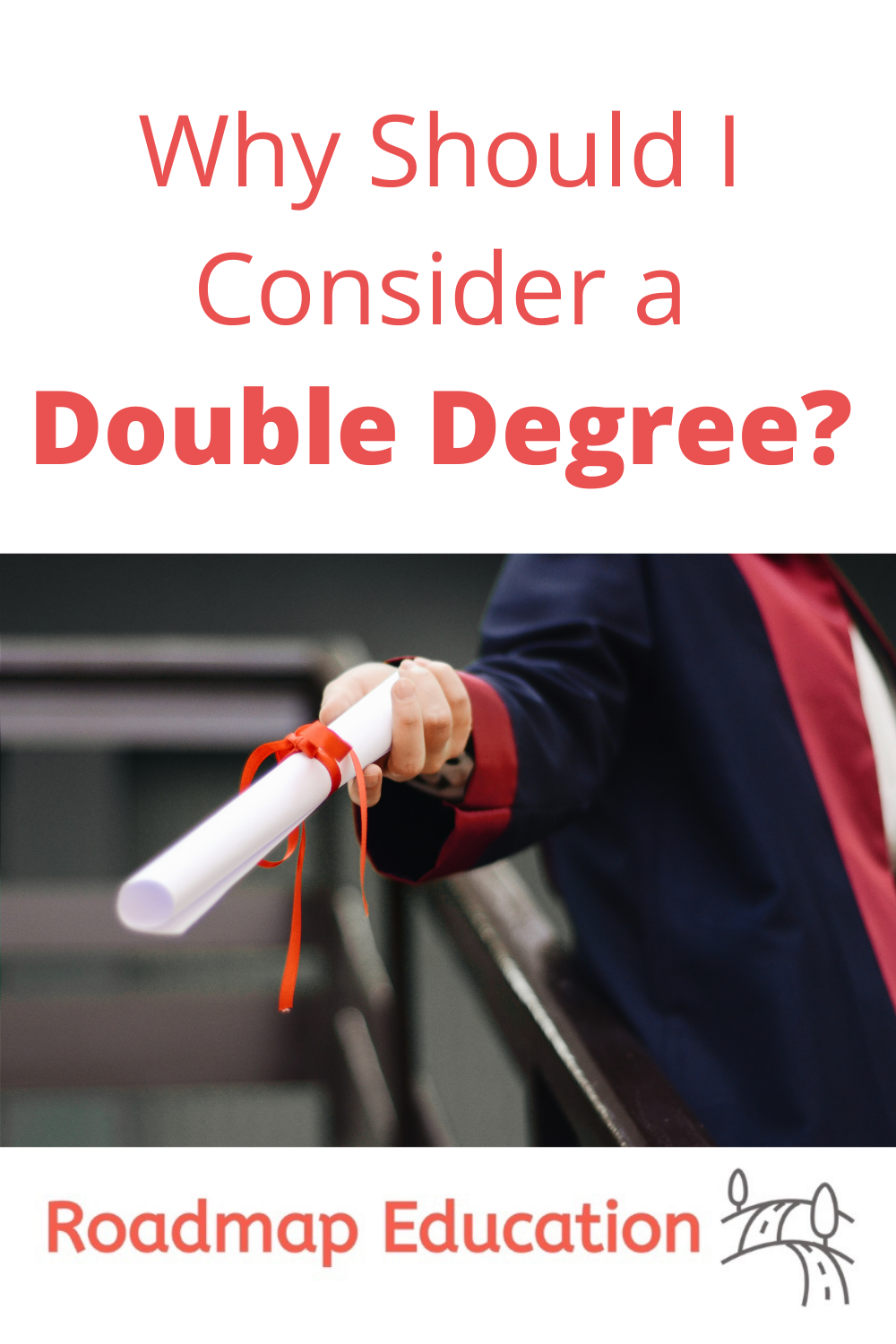How to Choose Your Uni Course and Career
If you're not sure what you want to do when you finish school, you're not alone. Often the students who do know what they're aiming for are pretty vocal about it while those who aren't sure keep it to themselves, so if you feel like everyone else already has it all sorted out, I'm here to tell you that you're a part of the silent majority.
Having said that, I strongly believe that the reason most students don't know what they want to do yet is because they haven't been given the time and space to really and truly think about it and lean in to their interests, strengths and values so they can work it out.
Just because it's common not to know what you want to pursue beyond school doesn't mean it's not possible to know.
Don’t we get time for career planning at school?
Lots of students and parents feel overwhelmed by the time VCE comes around, and it's very common for them to put their trust entirely in their school.
I worked in schools for over a decade, and I know the staff there are doing the absolute best they can with the resources they have. All of the career practitioners I know that work in schools are passionate about career planning and go above and beyond to support their students.
But the research doesn't lie. According to a study in Victoria in 2017, the median amount of time that schools spend on career education per student per year is just 2 hours. Between helping younger students with subject selection and organising work experience, ensuring older students have a VTAC preference list, the vast amounts of paperwork required as part of the job and the information about different opportunities they need to read, evaluate and share with the school community, career practitioners are spread dangerously thin and have little spare time to spend with students who need some personalised help.
Is it just too hard to know what you want to do when you’re a teenager?
In the past, I’ve definitely fallen into the trap of wondering if it’s just impossible for anyone to know what they want to do when they’re 18 years old and confidently choose a career path. What I’ve discovered through interviewing uni students on my podcast, Course and Career Chat, is that while it might be the norm that students don’t know what they want to do, it has more to do with them not having the opportunity or spending the time really thinking about what they want than not knowing.
When guests have either had a great careers program at school and effectively engaged with it or have spent the time outside of school doing this work, they step forward with much more confidence into a course they really enjoy and either follow this through or make a slight change rather than having to make a really dramatic one.
So with that in mind, how do you actually work out what you want to do when you finish school?
Step One: Know the system you’re working in
The first step to making really good decisions about your future is to understand the system you’re working in.
So if you’re doing VCE in Victoria, that means understanding what an ATAR is and how your ATAR is calculated. It means knowing how you’re going to be assessed in each of your subjects and using this information to study efficiently. It means knowing how you go about applying for courses, how you find out what the entrance requirements for courses are, and how offers will be made to you.
Taking an hour or so to understand all this will set you up for keeping things in perspective throughout the year.
Step Two: Know yourself - Interests, Strengths and Values
This is the step most people miss.
The biggest mistake I made when I was in Year 12 trying to work out what I wanted to do next, was to start by looking outwards. I was told that it was likely I would get great results, meaning I could choose whatever I wanted. So I started to look at all the courses, and it very quickly became overwhelming.
There were SO many to choose from, and I didn't even know where to start.
The mistake I was making, and that I see so often now I'm working with families, is that I needed to start by looking inward.
The first step to making the best decision for you is to understand yourself and what you want. You need to be clear about your interests, strengths and values so that you can use these as a foundation to work from BEFORE you start sifting through the options.
Knowing your interests help you see what you want more of in your life, either in your career or as a hobby.
Knowing your strengths means you can choose work that draws on them so you can benefit from areas where you have a natural ability.
Knowing your values allows you to make choices that align with how you want to live your life. This is your opportunity to take control and direct your life in the direction you want to take it!
Taking the time to reflect on your interests, strengths and values will help you feel confident as you start to look at your options.
Step Three: Know your options
Once you’ve looked inwards to explore your interests, strengths and values, it’s time to turn your attention outwards and start discovering the courses and careers that align with what you want.
The focus here is on collecting information and finding out about lots of different options so that, when you're ready, you will know your course options have everything you need to make informed choices about what you'd like to do next.
In my experience, lots of students and parents already have an idea of the course or career that they think they should do, but it’s important to understand that there are probably lots of options that you would find really interesting that you’ve never even heard of or don’t really know what they are.
By opening your mind and just gathering information without judgement, you give yourself the best chance of finding some great options that would make you really happy. Not only does this allow you to make a great choice when the time comes, it also helps you be optimistic that there are lots of different jobs you can explore over your career, taking the pressure off when you start applying for courses in Year 12.
Ready to explore tertiary courses and careers so that you can get excited about your future beyond school? Then you’re in the right place.
Step Four: Make a decision
When you’ve looked inward to gather information about yourself and what you want, and then looked outward to explore the options available to you, you have everything you need to start putting it all together and make some choices about your next steps.
This step involves not only choosing your dream course and career, but also determining a range of pathways to make sure that you get where you want to go.
It’s easy to see that this step is important in the case where you don’t end up getting the ATAR you were hoping for, but it’s so much more than that. Creating a detailed plan means that you can see that you will definitely reach your goal, because no matter what happens, there is a way to get there. As a Year 12 student, having this certainty means that you can you can study hard and do your best, knowing that your results might open doors to particular courses, but if your ATAR isn’t as high as you wanted it to be, there are still great options that will allow you to do similar work on the way to your dream career.
What step are you up to?
Now you know what you need to do to make a great decision about your next steps beyond school, be honest with yourself about what you should do next. Most people want to jump to the last step, but if you set aside small pockets of time and start by knowing yourself better, you will make a much better choice in the long run.
When you’re ready to do this work, you can choose whether you want personalised career counselling with me or if you’d rather use digital resources to go through the process in your own time. Either way you’re not alone, and your future’s going to be amazing - promise!
AUTHOR: KIM WHITTY
Ready to create a plan for your future, no matter what ATAR you get? That’s what I’m here for! Grab these digital resources to get clear on what you want and what course and career options you have, or learn more about the personalised career counselling packages I offer. I spent 13 years working in schools as a VCE teacher and qualified careers counsellor before starting Roadmap Education. Learn more about me.
related posts
If you found this post helpful, I’d love for you to share it!








